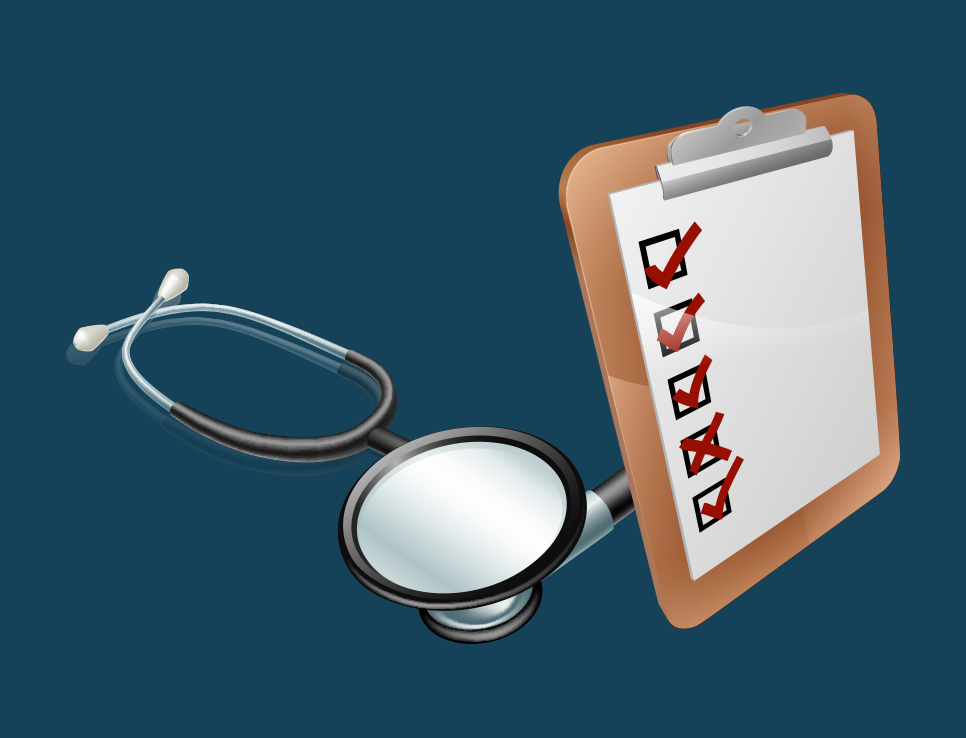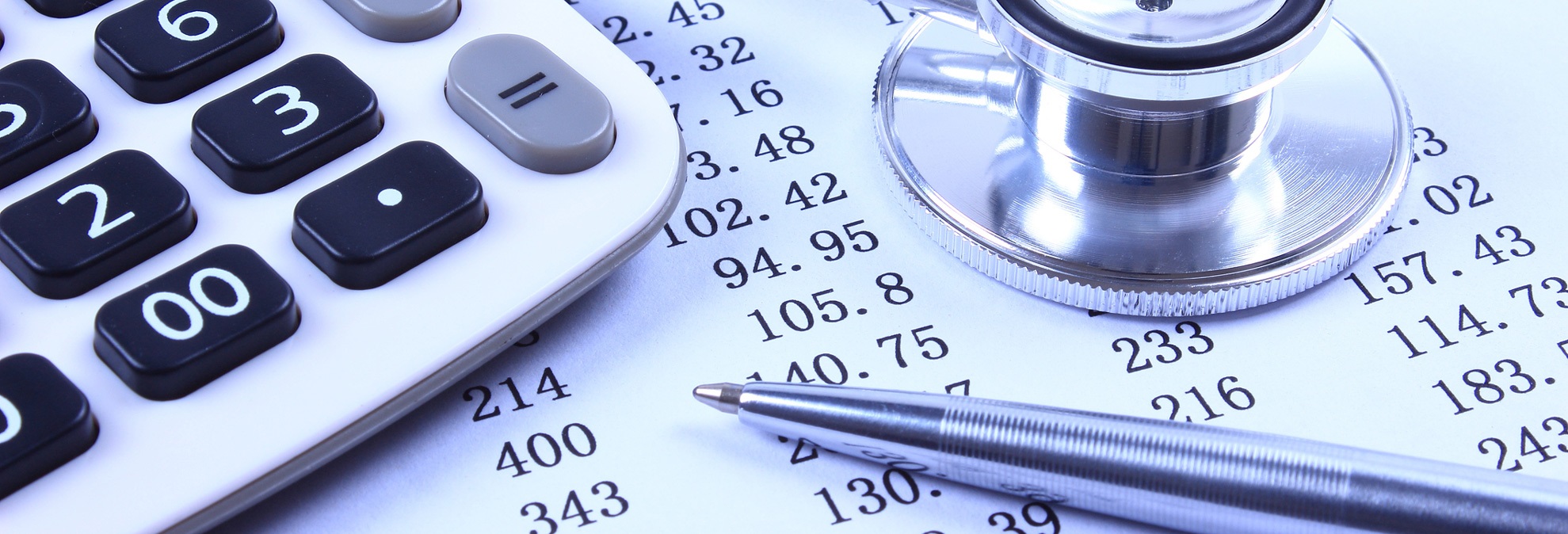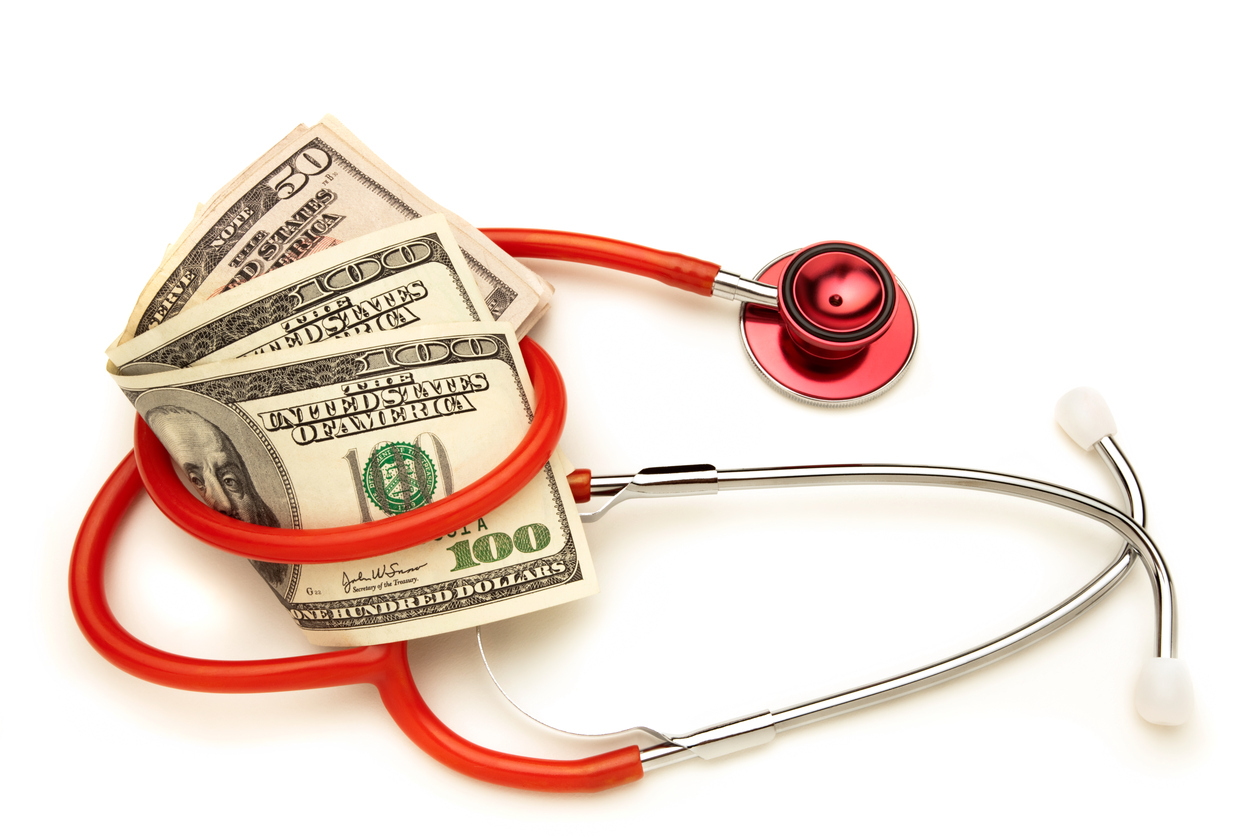![]()
HOW TO IMPROVE YOUR CREDIT REPORTS BY REMOVING MEDICAL COLLECTION
The cost of medical treatment in America is what it is; it is not surprising that medical debt is the leading cause of bankruptcies, as reported by https://www.cnbc.com. Even if you are not forced into such a drastic situation, medical debt that goes into collections for any reason can end up damaging your credit score, and even if the reporting is due to an error. it can be very painful to remove it from the credit report. To know how to eliminate medical collections from your credit report, it is important to know how they appeared in the first place.

Medical Debt Collection Account: Medical bills can remain unpaid due to various reasons; you may have forgotten about it, it may not have been sent to you at all, or you may not have the money to pay it. Medical debts that have not been paid on time typically result in collections. In most cases, the medical service provider that had raised the bill will sell the invoice off to a debt collection agency at a steep discount and write off the unpaid balance in its books of accounts. It is at this point in time that the collection agency reports it to the credit bureaus and your credit score gets negatively affected.
Medical Debt and Credit Scores
Unpaid medical debt can have a significant negative impact on your credit score. If the actual information is inaccurate, then you may need to work with all the three main credit-reporting bureaus, Equifax, TransUnion, and Experian to correct it. However, if the information is accurate, then it is important to remember that it will stay on your credit report for a period of seven years; however, with the passage of time, the negative impact will gradually decrease. The National Consumer Assistance Plan now also mandates that at least 180 days have to pass from the reporting time to the credit agency before it can be taken into account into a customer’s credit report. Medical collections being processed or paid by insurance companies cannot also be included in credit reports.
Until recently, there was no difference between ordinary unpaid debt and medical collection accounts; however, the more recent credit scoring models used by the bureaus such as VantageScore 4.0 and FICO Score 9 place a lesser emphasis on medical accounts that have remained unpaid for the calculation of credit scores. While VantageScore 3.0 completely ignores collection accounts that have been paid, VantageScore 4.0 considers only medical collection accounts that are over six months old and also gives less importance of medical collections as compared to other unpaid accounts. FICO Score 8, on the other hand, ignores collection accounts with $100 or less original balance but considers medical collection accounts at par with other collection accounts. As per many debt settlement reviews, FICO Score 9 completely ignores collection accounts that have been paid and deemphasized medical collection accounts in comparison to normal collection accounts.
Top Methods of Eliminating Medical Collections from Credit Reports

Check for accuracy:
The first step that you should take is to get a copy of your credit report from all the three credit bureaus and scan them for information on any medical collection account. It is important that you check your bills too as billing mistakes can always happen.
Request for proof of the unpaid debt:
If a debt collector contacts you for a collection account, you should ask him to provide proof that the bill is indeed unpaid. The collection agency is obligated to provide you with a written response within five days of such request detailing the amount of the debt and the original creditor’s name and address. The response should also contain a statement to the effect that the debt will be considered to be valid unless the consumer raises a dispute within 30 days of receipt of the notice. The response should also contain a statement informing the customer that in case a dispute is raised within the time allowed, the debt collector is obligated to provide either verification of the debt or a copy of the judgment to the customer. The reason why the verification that the debt is actually yours is required because often debt collectors can make a mistake and try to collect debts that actually belong to someone else, have been paid off by you, the amount itself is incorrect.
Request credit agencies to remove incorrect information:
If the debt collector is not able to verify the debtor there are mistakes, you should contact the credit agencies individually for the rectification. You should be ready with the necessary documentation in support of your claim and follow the guidelines of the agency for removal or correction of the record.
Find out the age of the collection account:
Even if seven years have gone by and the collection account has fallen off from your credit report, you may still remain liable to pay the debt unless the debt collection agency is barred by the statute of limitations. Therefore, determining the age of the debt is crucial to establish if your liability still exists. However, in some states, if you make a payment or even promise to pay on a time-barred debt, it may result in its revival, and the debt collectors will be within their rights to recover the debt along with interest.
Decide on paying:
Even though some credit agencies are deemphasizing the impact of medical collections on your credit score, the best way of repairing the damage is still paying the debt back if you are able to. If you lack the resources, try to negotiate the settlement amount with the collection agency; remember they have bought the debt from the original creditor at a steep discount anyway so you may find them more than willing to listen and work out a decent settlement.
Conclusion
It is important to have as good a credit score as possible because otherwise, you can find your access to credit in the future hampered. Even though medical collections do not have the same impact as other unpaid accounts, it is still better to wipe the slate clean by making the payment or disputing the entry if the details are incorrect.
























